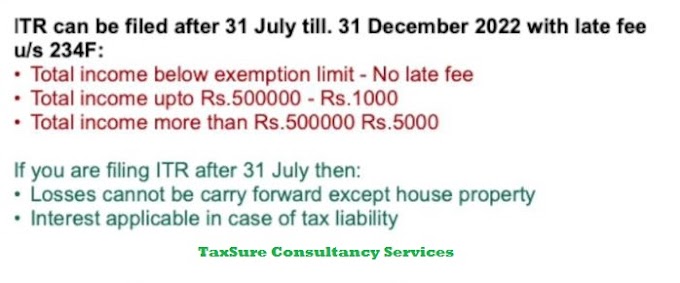With rapid computerisation, an individual‘s PAN (Permanent Account Number) has become an important document, for many financial and non-financial transactions. It is equally important for buying or selling properties or leasing it out.
For purchase of property
When you buy an immovable property, other than an agricultural land, for a value that exceeds Rs 50 lakhs from a person who is a resident of India, you have to deduct tax at the rate of 1%, at the time of payment to the seller or builder.
Generally, for the purpose of depositing TDS (tax deducted at source), you need to have a TAN (tax deduction account number). However, as this requirement to deduct tax on immovable property purchase is applicable to all tax payers, the law exempts individual tax payers from having a TAN. Instead, you need to have a valid PAN, to deposit the TDS and comply with the law. This is applicable, even in cases where you do not have any taxable income and are therefore, not required to file any income tax returns (ITR).
Moreover, as per the present law, the seller in such case, should furnish you with his valid PAN. If the seller fails to do so, you are required to deduct tax at the rate of 20%, instead of the prescribed 1%.
For getting credit for TDS, with respect to rental income
The law requires a person paying any rent for an immovable property (whether land, residential house, commercial property or even factory premises), to deduct tax at source at the rate of 10% from the rent, in case the amount of rent exceeds Rs 1.80 lakhs in a year.
See also: TDS provisions on rent paid, under the income tax laws
In case the landlord does not provide his PAN, the tenant has to deduct tax at the rate of 20% on the rent. Moreover, in case the PAN is not provided, the landlord will not get credit for the TDS. So, a landlord who does not furnish his PAN, will face a double whammy – while the tax will be deducted at 20% instead of 10%, the landlord will not even get the credit for the 20% TDS.
Additionally, the failure of a person to intimate his valid PAN to the deductor, as required by law, can attract a penalty of Rs 10,000.
For receiving income without deduction of tax at source
The tax laws allow you to enjoy rental income, without tax deduction at source, by furnishing Form No 15G if you are below the age of 60, and by furnishing Form No 15H if you are a senior citizen. Forms 15 G and 15H are treated as invalid, if a valid PAN is not mentioned on the form. Consequently, the payer of income, shall deduct tax at a higher rate of 20% on the rent.
As per the existing law, you can make an application to your TDS officer, for issuing a certificate to you that entitles you to receive the rent without TDS or TDS at a lower rate than the prescribed 10%. However, this form shall also be treated as invalid, if you do not mention your correct PAN.
PAN for sale or purchase documents for certain transactions
The law also requires you to quote the PAN of the buyer and seller, for any transaction in immovable property, where the value exceeds Rs 5 lakhs. The registrar who registers the document, is required to ensure that the Permanent Account Numbers are mentioned on the documents relating to the sale and purchase of the immovable property.
So, the registrar can refuse to register the document for sale/purchase, if the PAN is not furnished. However, you can submit Form No 60 with the address proof, like ration card, passport, driving licence, etc., in case you do not have a PAN.
(The author is a taxation and home finance expert, with 30 years’ experience)
By: Housing.com/news





0 Comments